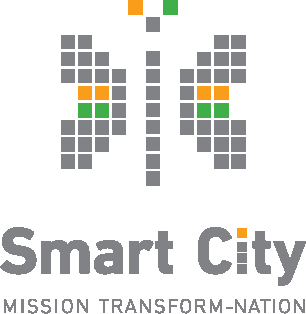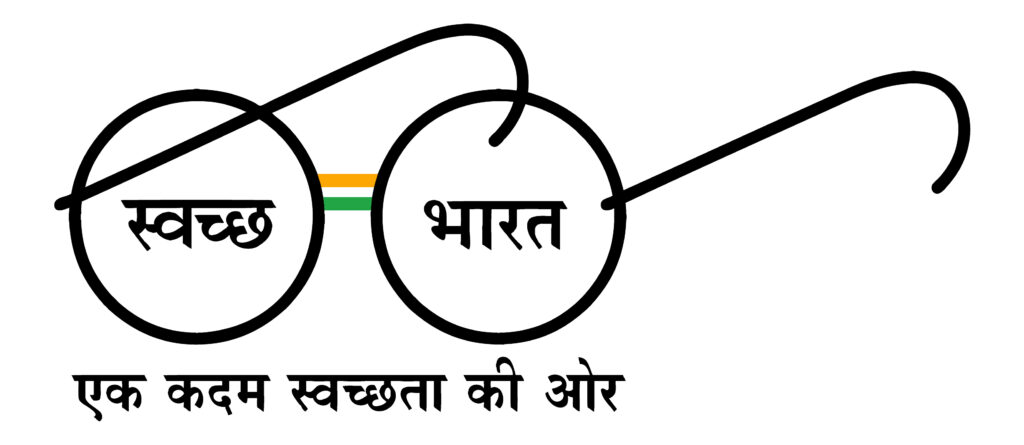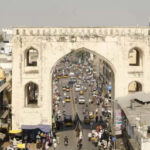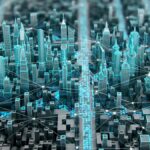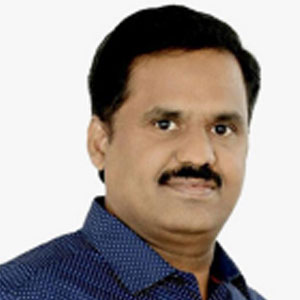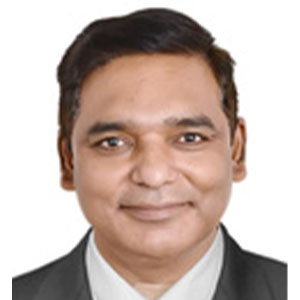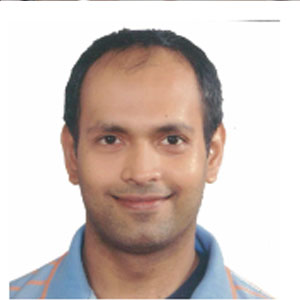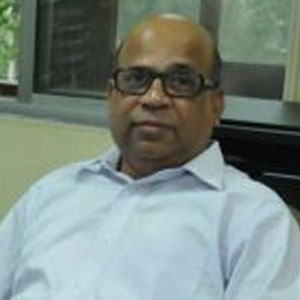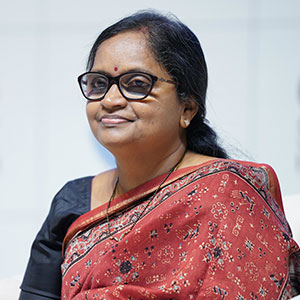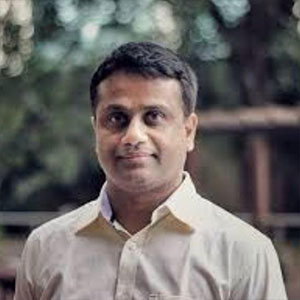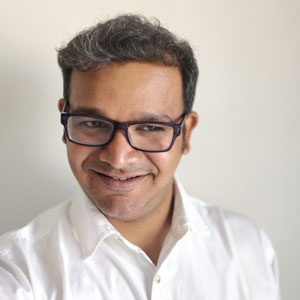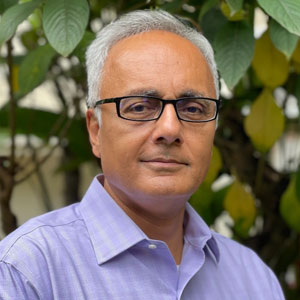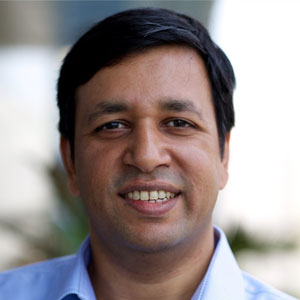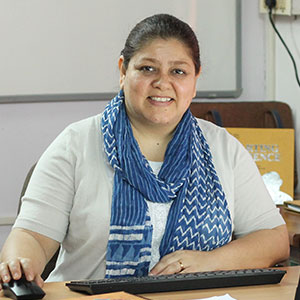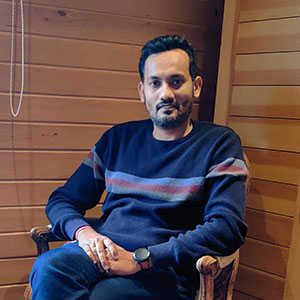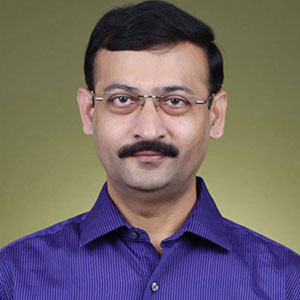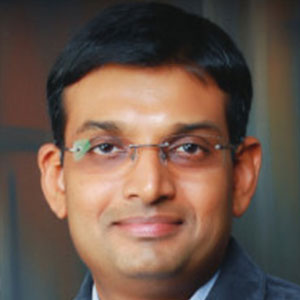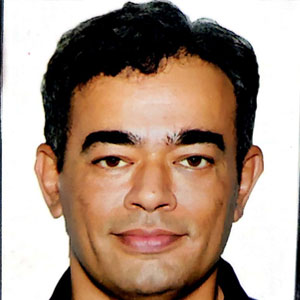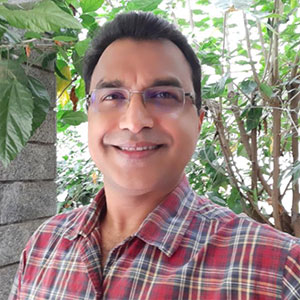The Power of Data: The world has become increasingly digital and the applications in smart cities, townships, health care, agriculture, industry, e-commerce etc are generating good quality electronic data off late. Beyond the ability to derive information, insights and trends from them, the power of data lies in its combinatorial possibilities when multiple datasets come together and create innovative applications which makes data the ‘New Oil’ and an economy.
Smart solutions 1.0: The Smart solutions phase 1 or 1.0 are typically capital intensive and mainly intended to digitise the manual operations to bring some level of automation and also manage them through insights and trends.
For example, in the case of Smart cities the solutions like the following are implemented in phase 1 and it is similar for domains like Health care, Agriculture, Industry etc.
- Camera based Automated traffic violation detection, e-tickets.
- GPS based public bus tracking, electronic fare collection.
- Mobile app based parking search, booking, payment.
- Adaptive traffic signals with hurry call and compensation.
- GPS based solid waste truck tracking, fleet/personnel planning.
- Healthcare Infrastructure, capabilities and patient management.
In India the 100 smart cities program was initiated by mid-2015 by the Government of India as a mission with a great plan and budget and many of these solutions are implemented in various cities by 2018.
Smart solutions 2.0: In phase 2 or 2.0, it is envisaged to combine datasets from multiple solutions and create innovative applications for service delivery efficiency (15 to 20% cost savings) and also to add convenience to the end users. For example, in the case of smart cities the solutions like the following are targeted in phase 2.
- Show Bus occupancy with ETA to the commuters to plan their journey better.
- Multimodal transport (Metro, Bus, Taxi, E-Bikes) application.
- Efficient fleet planning for public transport, Solid waste pick up.
- Flood prediction and warning using Rain, Water level, River flow datasets.
- Automated Green corridor for emergency vehicles.
- Revenue leakage detection using building type, trade license, utility bills data
From the business/revenue model perspective, the solid waste collection is around 1000 Tons/day for a medium sized Indian city means an expense of around 200 Crores INR (30 Mn USD) per year for collection (vehicle, fuel, personnel). 15% cost savings through service delivery efficiency would be 30 Crores INR (4 Mn USD), which is a good amount of money to be shared across the data providers, application agency and the city.
Cross Domain Applications: As the possibilities for one domain like Smart cities itself is huge, the impact could be much bigger if we combine the datasets from multiple domains like Health care, Agriculture, e-commerce etc, of course exploiting the best of AI/ML capabilities. Some of the cross-domain applications for example are here.
- Predict and manage the disease spread (Flu, Virus) and medical infrastructure requirements using the datasets of hospital infrastructure, patient/treatment information, weather, air quality, green cover, digital elevation maps, population, traffic/commuter density etc.
- Predict and manage the supply, demand, storage and processing requirements for the crops using the harvest readiness data, weather information, normal/cold storage capacities, e-commerce data of market demand, price etc.
Challenges: Great possibilities and impact but the following technical and non-technical challenges should be well addressed to make the data market place and application innovation a reality.
- In many of the cases, the data remains in the respective domain silos and hence it is very hard to share.
- Stakeholders have limited understanding of what data can be shared, to whom, for how long at no cost or at what price.
- Since similar data is represented in different ways in different systems, there should be a mechanism for accessing the data in a unified and common format.
- Need to implement legal, regulatory and policy frameworks incorporating the data ownership, privacy and ethical considerations.
Broad Ecosystem Benefit: Since all the stakeholders in the ecosystem will be benefited by an efficient data sharing mechanism, there is mind mindshare and support from all.
- Government Departments: Reduced cost through service delivery efficiency, increased revenue through data monetization and also no vendor lock-in.
- End-users: Innovative and cheaper applications for services, convenience, better user experience and efficient service delivery.
- Data Owners/Providers: Ease of data sharing, value addition to the datasets and revenue generation through data monetization.
- Industry/Start-up Ecosystem: Faster development, lower cost and portability of applications due to data availability and standard APIs.
- Academia and Research: More meaningful research and collaboration with industry ecosystem by having access to a wide variety of datasets.
India Urban Data Exchange (IUDX): As said, it is very important to have a secured platform and policies to enable data sharing from multiple entities and to facilitate open innovation. The data sharing platform, IUDX, initiated and funded by the Ministry of Housing and Urban Affairs (MoHUA) from the year 2018 is developed as a fully open-source cloud-based platform and deployed for multiple Indian cities from 2020 to facilitate this and also expected to become the data-sharing platform and application ecosystem of choice at national level and beyond.
Public and privately owned datasets of urban governance, mobility, health care and citizen security are being exchanged through IUDX, the industry/start-up ecosystem are taking these datasets and also started building applications for traffic management, public transport, disease spread and health care infrastructure management, emergency assistance, solid waste optimizations, flood warning, citizen safety etc.
The Opportunity: 1.0 solutions are doing its job and also generating data, the public and privately owned data owners/providers are looking forward to monetize their data, the data sharing platform is all set to facilitate this and the industry players are keen to take the data and build the solutions and commercially deploy them.
It’s time for the public/privately owned data providers, industry/start up ecosystem, government departments and academia/research (a real quadruple helix) to collaborate with innovative business/revenue models, exploiting the best of AI/ML technologies to unlock the full potential of data and create impactful applications. We are at an inflection point. All are welcome to participate, contribute and also benefit. Let us do it together!
Suresh Kumar
Head – Deployment, IUDX
Related Posts
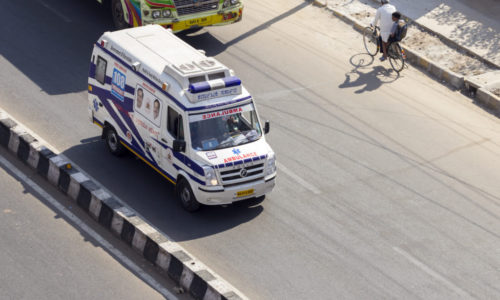
- IUDX
- November 25, 2021
Lanes of Hope with IUDX Based Green Corridor for Emergency Vehicles
Year 2014, a 21-year-old in Chennai received the gift of life, thanks to an ambulance being abl ..
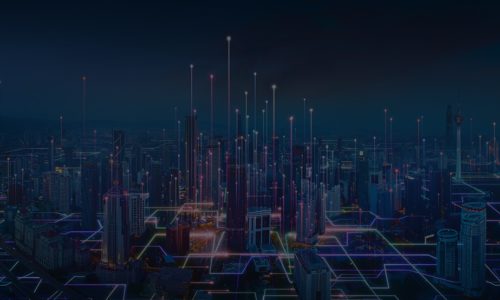
- IUDX
- July 7, 2023
Differential Privacy for Smart Cities
Many of the keystone applications running a “smart” city will require data sharing between ..
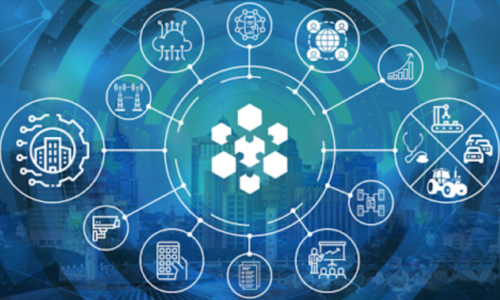
- IUDX
- November 3, 2021
Smart Data Models: Realising the Power of Common Data Models
In our previous article we saw that common data APIs and common data models are the key tools t ..
